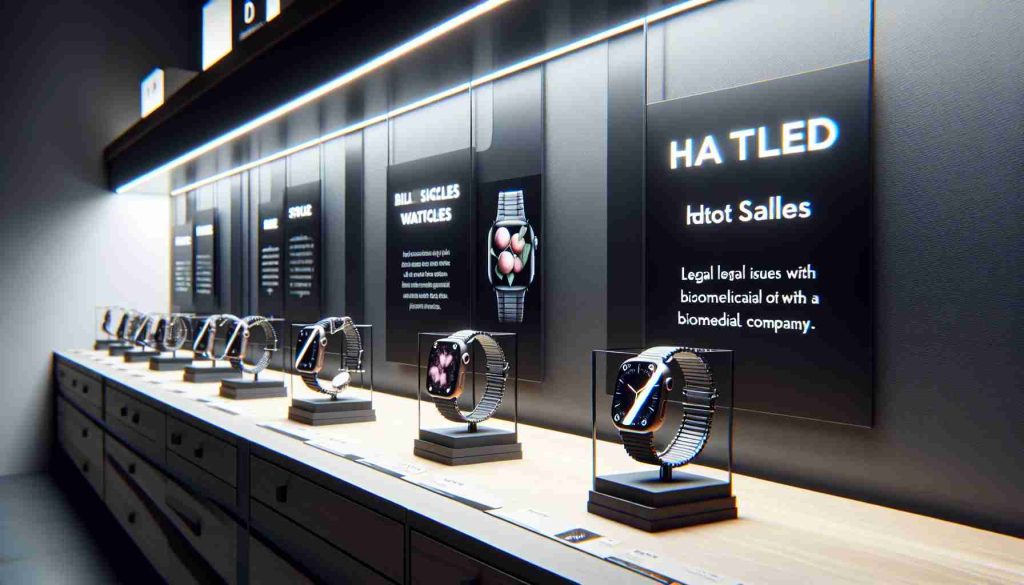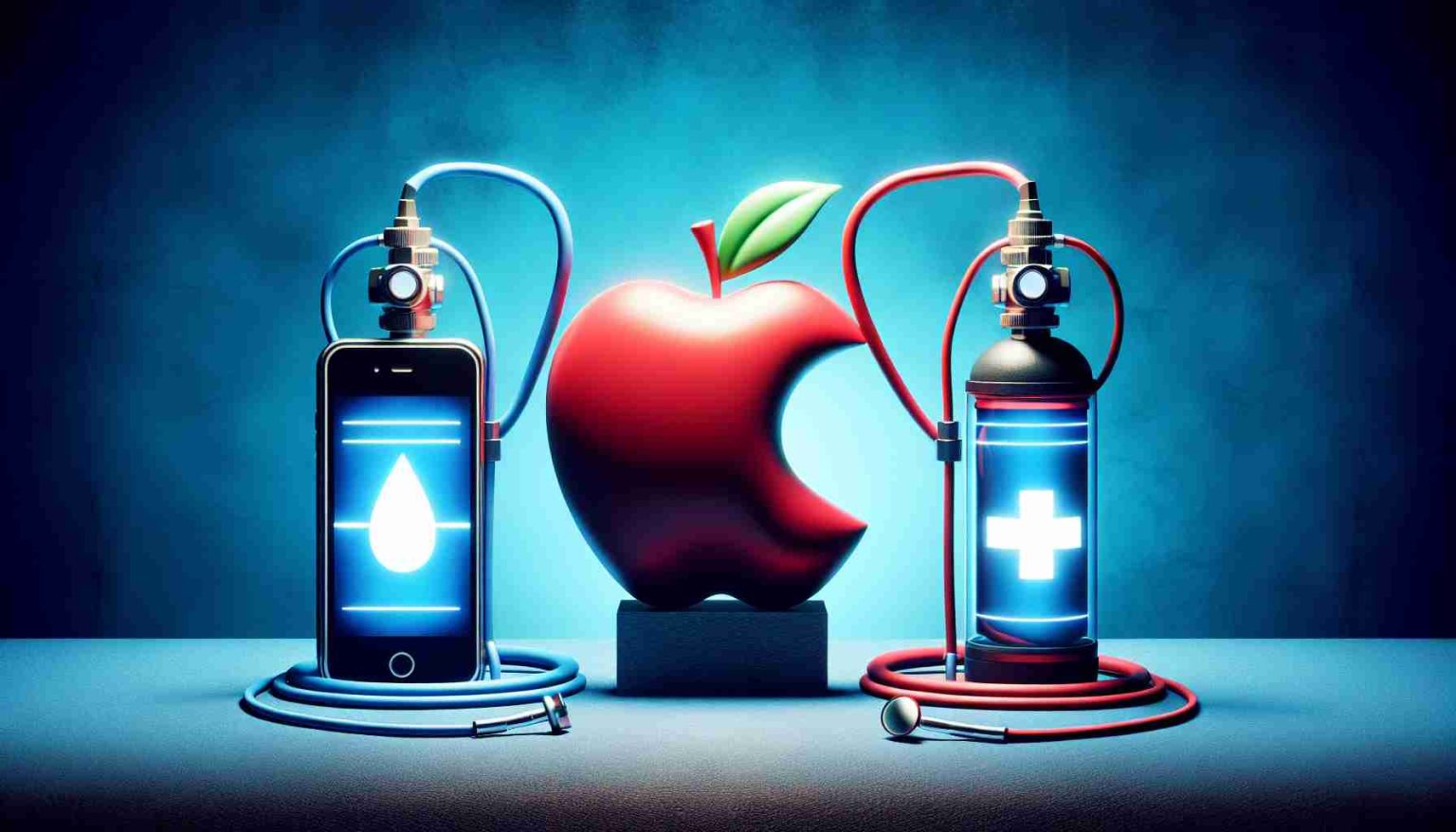The shiny allure of the Apple Watch just dimmed a little. In a dramatic turn of events, Apple suspended sales of two of its newest models – the Series 9 and Ultra 2 – in the US. This abrupt halt isn’t due to a lackluster holiday season or a sudden design flaw. It results from a tick-tock battle with another player in the health tech field: Masimo.
The crux of the issue lies in the blood oxygen (SpO2) monitoring feature, a popular addition to smartwatches. Masimo claims certain Apple Watch technologies infringe on its patented pulse oximetry technology. The US International Trade Commission (ITC) sided with Masimo, potentially barring Apple from importing these watches.
While Apple appeals the ruling, the future of these Watch models hangs in the balance. What does this mean for you, the tech-savvy consumer? Let’s unravel the tangled threads of this legal dispute and peek into the possibilities that lie ahead.

The Pulse of the Dispute:
Masimo, a medical device company, has been at the forefront of pulse oximetry technology for decades. Their sensors, used in hospitals and sports medicine, are known for their accuracy and reliability. They claim that Apple’s blood oxygen sensor design and algorithms borrow heavily from their patented technology.
Apple, on the other hand, argues that its SpO2 technology is distinct and innovative. They point to their extensive research and development, emphasizing the differences in design and functionality.
Ticking Clock for Apple:
President Biden has until December 25th to review the ITC ruling. He could accept it, veto it, or send it back for reconsideration. If the ban stands, Apple will need to either redesign the watches, obtain a licensing agreement with Masimo or face hefty fines.

Potential Scenarios for the Future:
- The Big Fix: Apple could modify the SpO2 sensors or software to circumvent Masimo’s patents. This might involve a quick hardware tweak or a software update, minimizing disruption for consumers.
- The License Gamble: Apple could opt to license Masimo’s technology. This would involve paying royalties, likely leading to increased watch prices in the US.
- The Watch Wait: If negotiations drag on or the ban isn’t lifted, Apple may have to pull the Series 9 and Ultra 2 from the US market for a longer period. This could mean delayed availability, decreased holiday sales, and a potential dent in consumer confidence.
- The Domino Effect: This patent dispute could be a harbinger of things to come. As wearables and health tech become more sophisticated, patent battles over cutting-edge features are likely to intensify. Companies like Samsung and Fitbit might also face similar challenges in the future.
YOU MAY ALSO LIKE:
Apple Lawsuit: Can You Claim A Part Of $25 Million Settlement?
What Does This Mean for You?
If you’re in the US and eyeing the Series 9 or Ultra 2, your purchase timeline might need a rethink. Keep an eye on news updates and Apple’s official announcements. For existing Apple Watch owners, the current ban doesn’t affect your device’s functionality.
This saga also highlights the complex interplay between innovation, intellectual property, and consumer choice. While companies strive to push technological boundaries, ensuring fair competition and protecting intellectual property are crucial for a healthy tech ecosystem.
The Apple Watch patent dispute is a ticking time bomb, leaving the industry and consumers waiting with bated breath. Will Apple’s smartwatches regain their stride or face a lengthy timeout? Only time, and perhaps President Biden’s pen, will tell.
So, stay tuned – this story is far from over.

